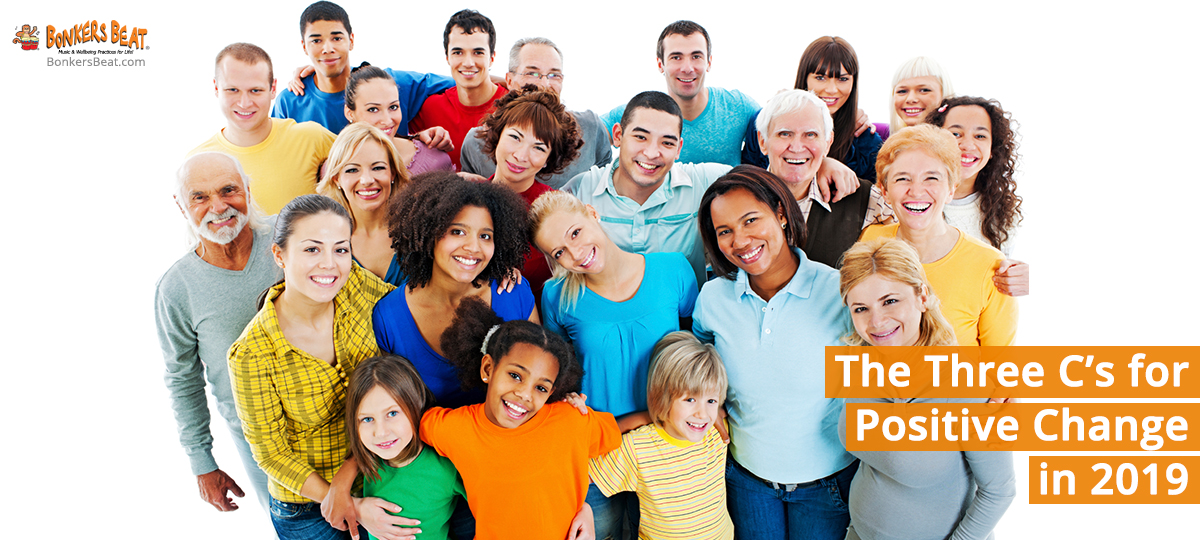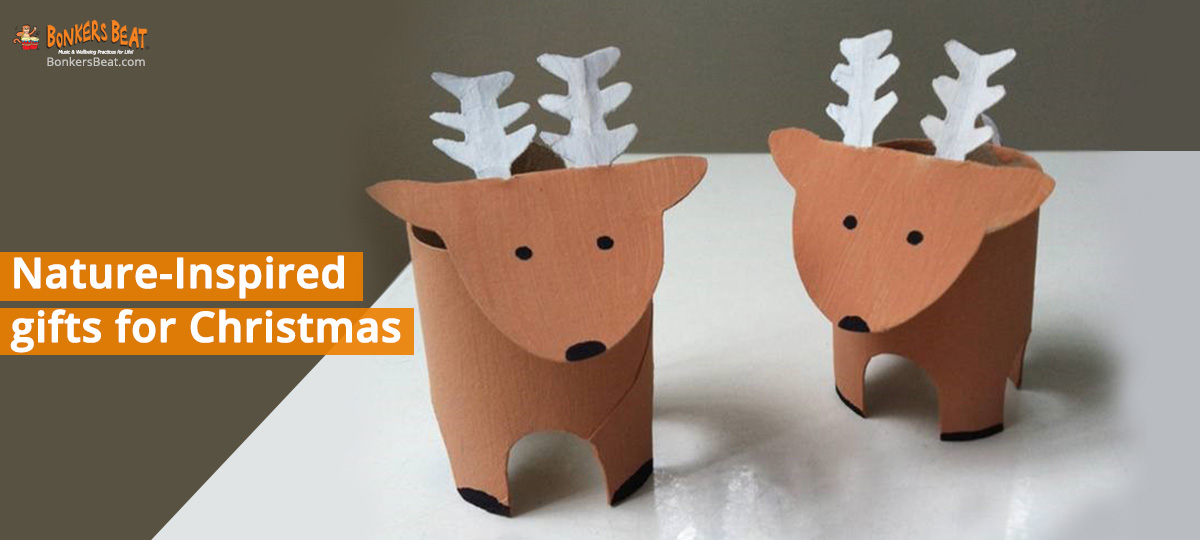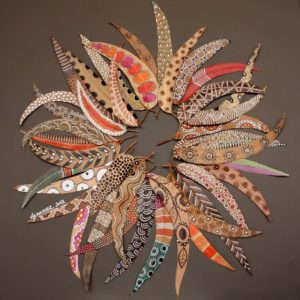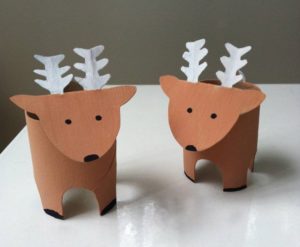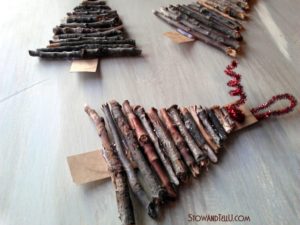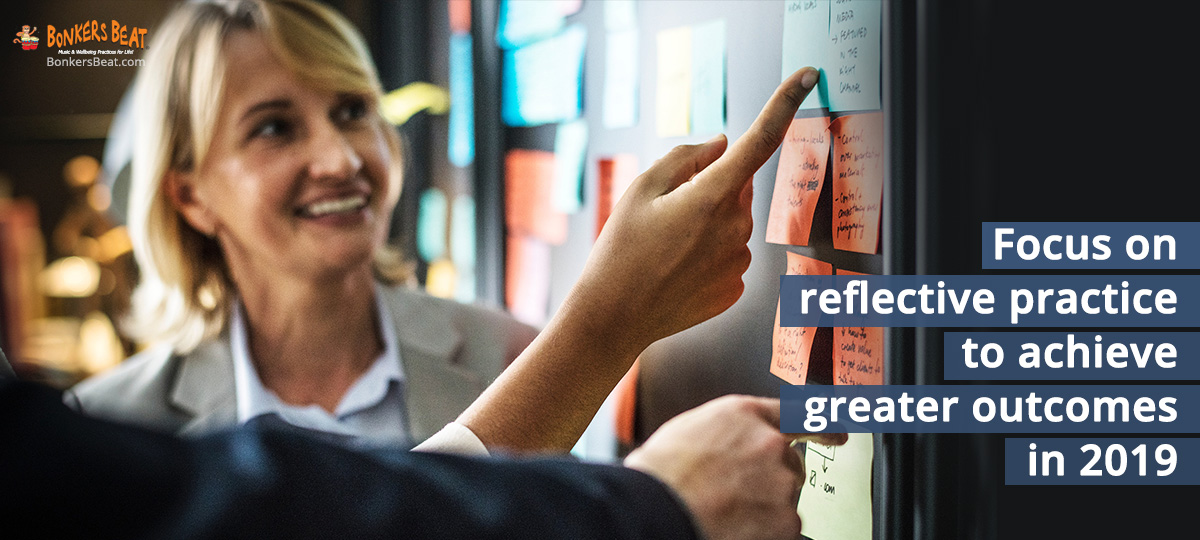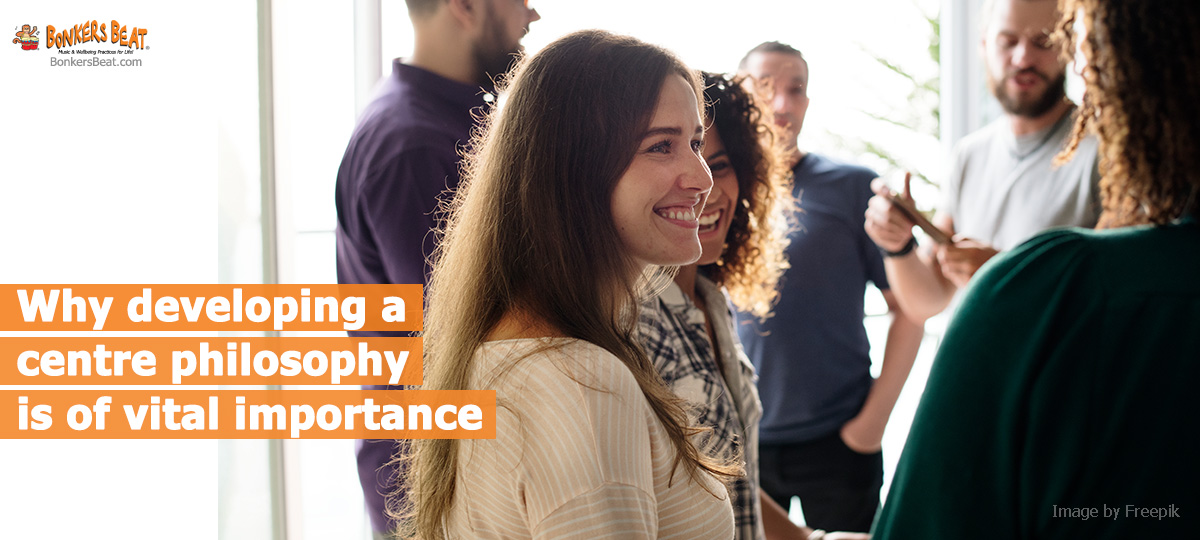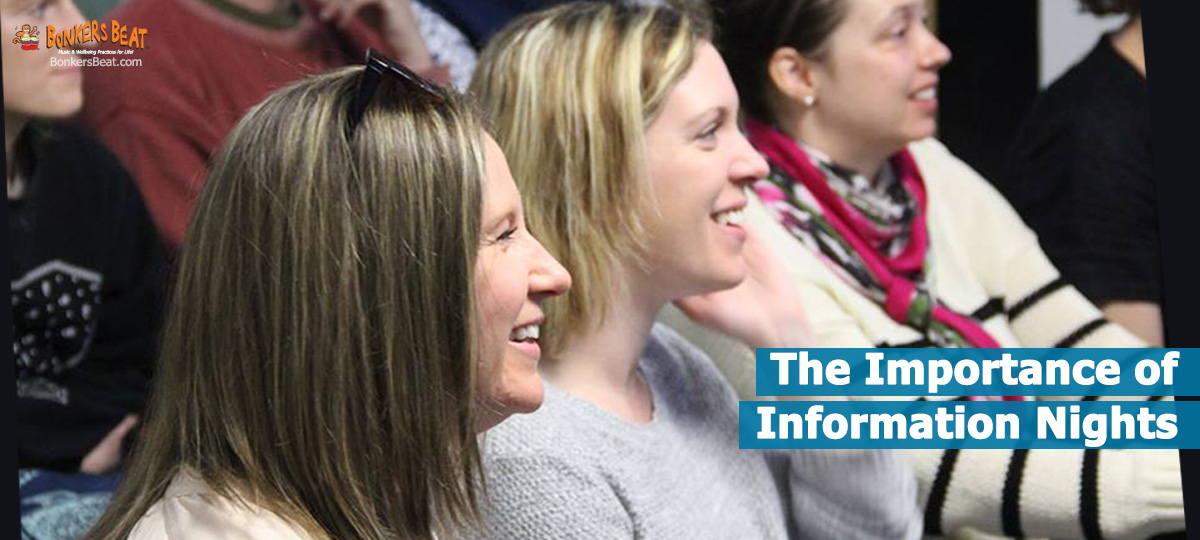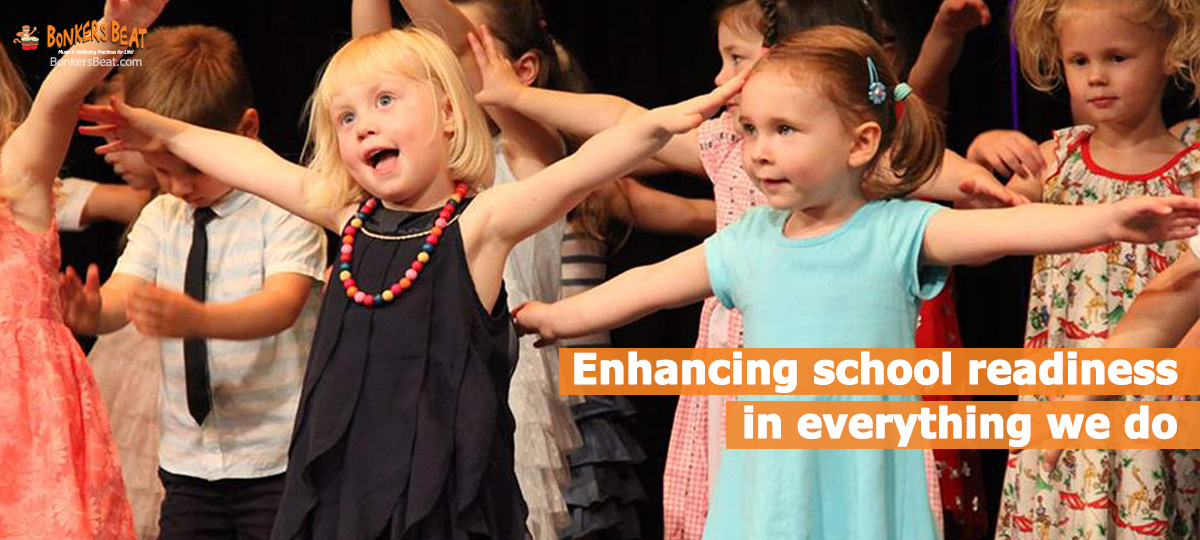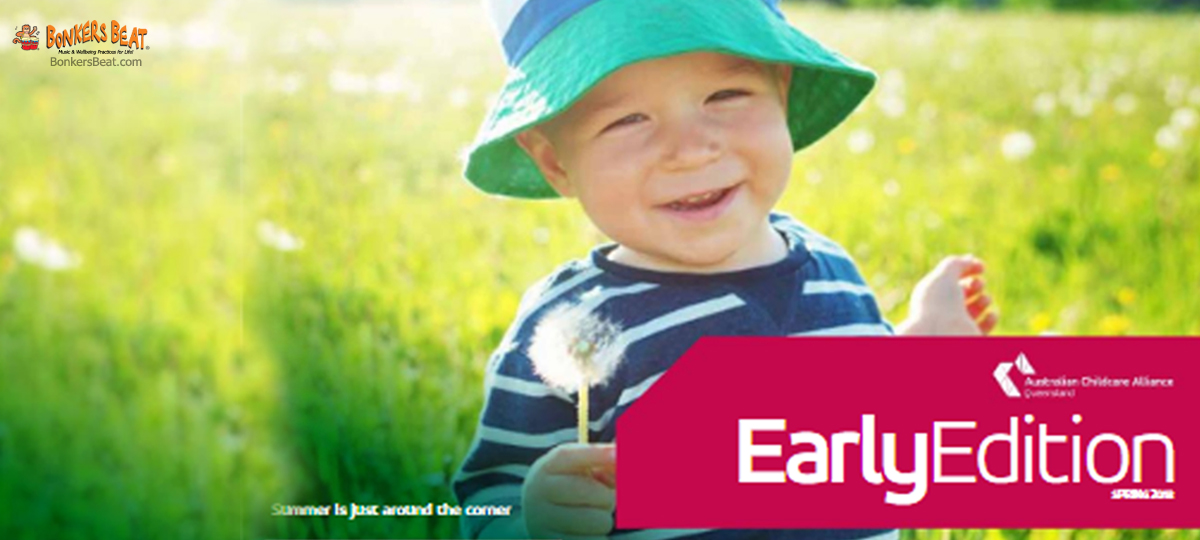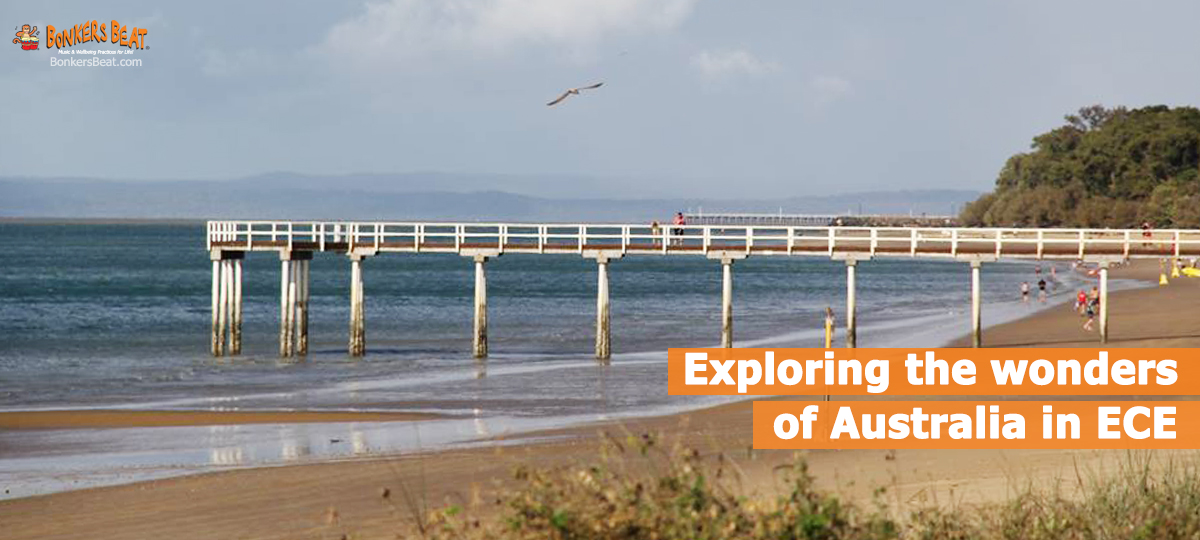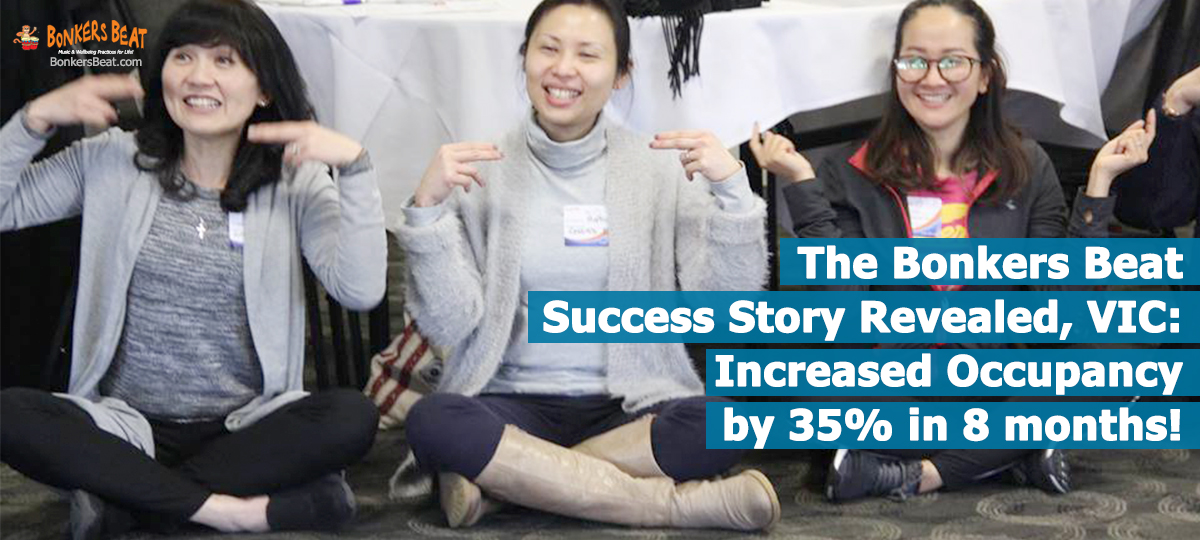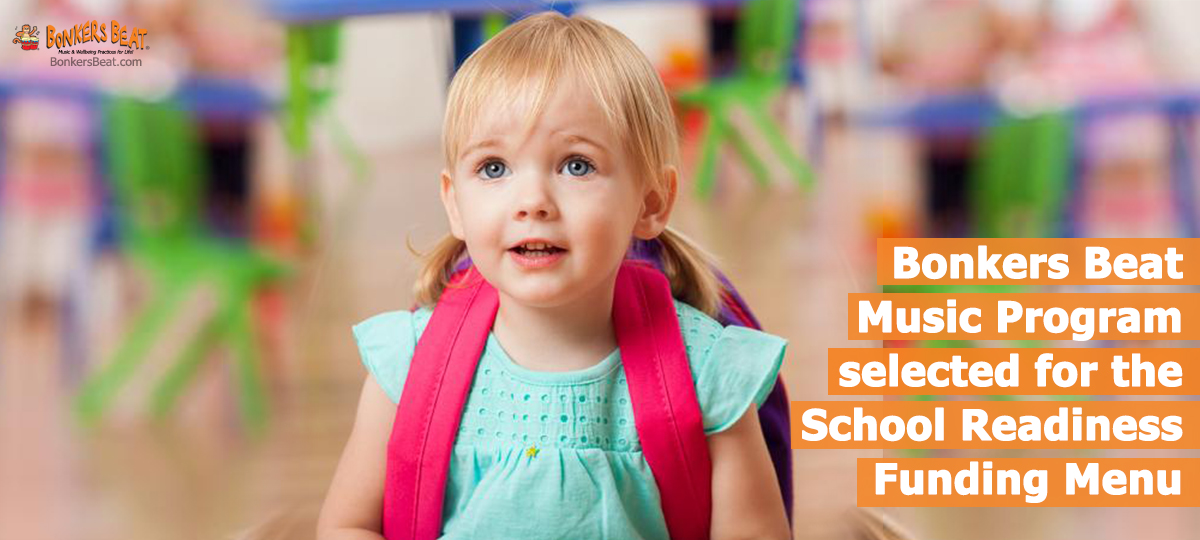Welcome to 2019! A new year full of opportunities. While we believe that any time of the year is a good time to get set up for success (personally or professionally), the beginning of the year is ideal. After all, it means you can start seeing positive outcomes sooner! So, what are you doing in 2019 to foster success and enhance your centre?
For many, you know you want to see things improve in various areas, but it can be so hard to know where to begin. A simple yet effective thing you can do to assess whether a strategy is worthwhile is assessing it against the Three C’s for Positive Change. That is, will it create positive change for children in your centre? Will it contribute to positive change in your centre’s culture? And will it bring about positive change in your centre’s community?
The Three C’s for Positive Change
When we look at embedding programs, trying a new approach or executing a strategy in centres, we want it to have the farthest positive reach and impact possible, right? So if you can discover or develop one thing that creates positive change in multiple areas in your centre, you’re on to something great!
Let’s look at the three C’s in a little more depth:
Children: What does positive change look like for the children in your centre? We think it looks like enhanced outcomes across the board, including more confidence, engagement with learning and play and resilience, to name just a few.
Culture: Positive change in your centre’s culture comes down to ensuring your educators are happy and fulfilled and feel valued. Is the workplace you have created a positive space where people have the best opportunity to thrive in their work in early childhood?
Community: The community involved with your centre and the relationships between educators and families and children is so vital to the overall success of a childcare centre. Strengthening the engagement and connection between the centre and its community can benefit everyone and provide children with the ultimate foundation for the optimal early childhood experience.
So what can you do in 2019 to set everyone up for a successful and fulfilling year? Whatever you have in mind, assess it against the three C’s and discover whether it’s going to get you your desired result or if you need to develop it further.
And don’t forget, the Bonkers Beat Programs are available to start any time throughout the year but now is the best time to kickstart a fantastic 2019.
The Bonkers Beat programs are proven to enhance every element of your centre so plan this year now to get amazing results in 2019 and beyond.
Now, let’s get stuck into this new year!

